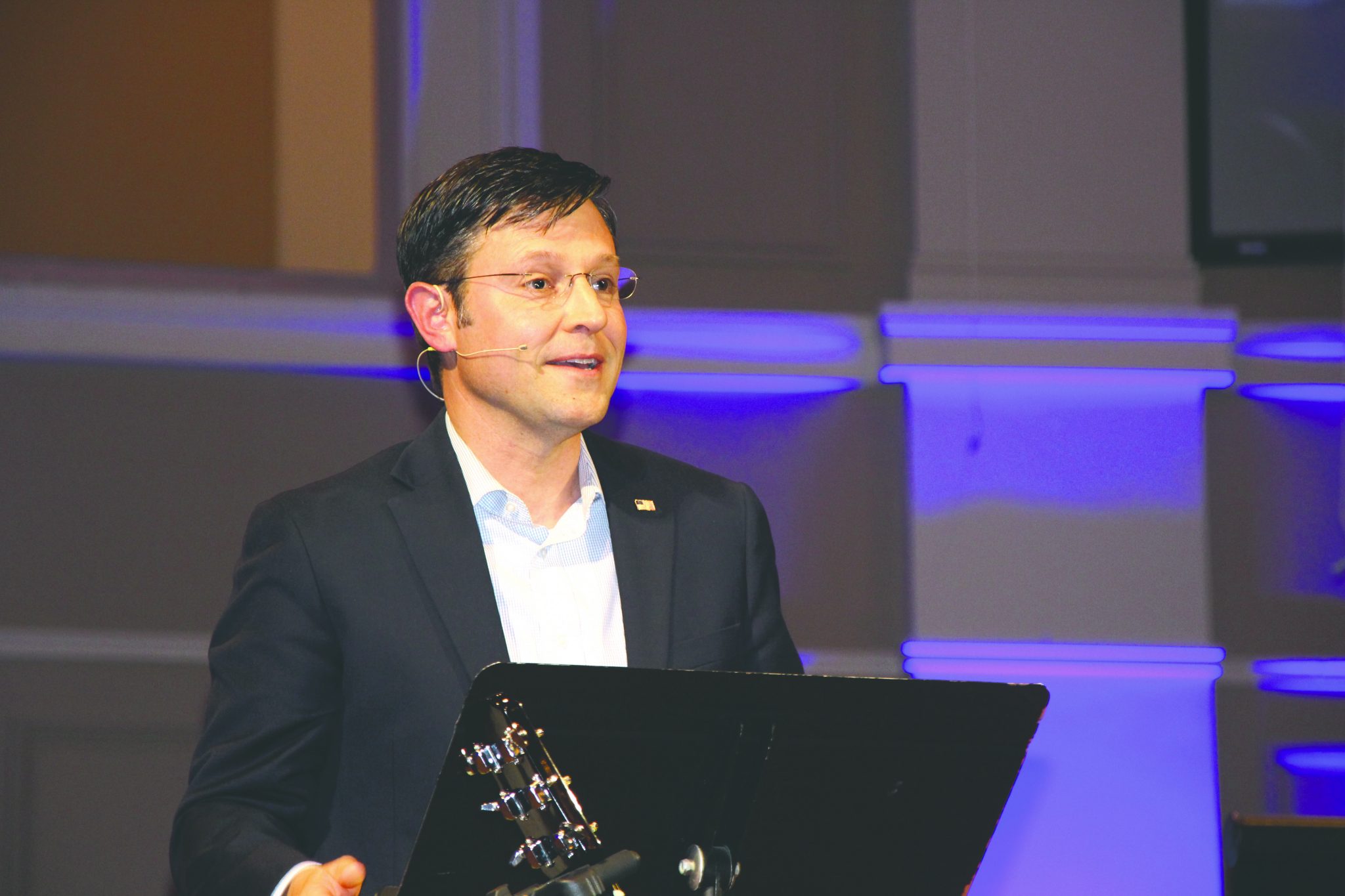382
Johnson, Landry hold Freedom Student Summit
Partially in response to ongoing litigations against the Webster and Bossier Parish School Boards, Louisiana Attorney General Jeff Landry and U.S. Representative Mike Johnson published the Student Righ
Knowing your rights
previous post




